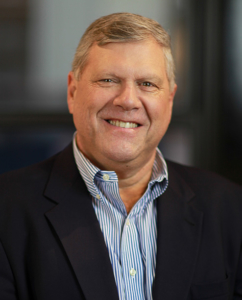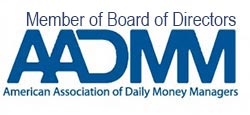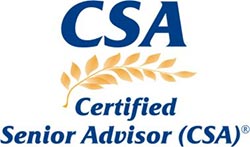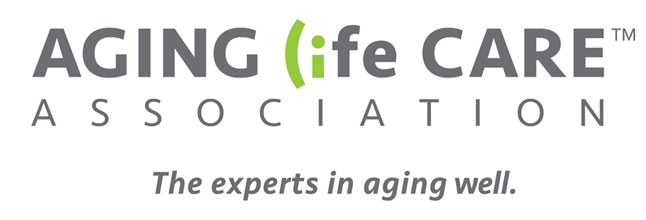 After a successful career as a senior IT executive with Reuters, a global news and information company, I had a new career decision to make. The decision I made was the result of an emotional and deeply personal experience, and I made it quickly.
After a successful career as a senior IT executive with Reuters, a global news and information company, I had a new career decision to make. The decision I made was the result of an emotional and deeply personal experience, and I made it quickly.
As I took inventory of my life’s accomplishment I looked back intently on the important and pivotal role I played in helping my parents through a traumatic and life-changing crisis. At the age of 66 my dad suffered a cerebral hemorrhage. After surgery, he was in a coma for nine months. When he “emerged from the coma,” sadly, he was a quadriplegic with little cognitive function, and he had to continue his care in a nursing home. My mom faithfully visited him every single day. In 1985, five painfully long years after falling ill, my dad died, having never regained the functions he lost.
From the time my dad first became ill until my mother’s death 23 years later, my wife and I supported her while we both worked and raised our family. I paid her bills, handled all her finances, helped with insurance matters and with many other issues. One of these things was applying for Medicaid for my mother, since my father’s illness left her with virtually nothing, including healthcare. We also helped her find and rent an apartment, as well as send her money each month for the rent. Medicaid ultimately told my mother that they considered our help as income, and this nearly caused her to lose her healthcare benefits. Fortunately, a helpful individual in social services informed me that if I paid the rent directly to the landlord, it would be considered “income in kind” and would, therefore, not disqualify her from receiving benefits. How was I supposed to know that?
The more I thought about my life and the experiences that were most powerful and meaningful, the more the answer as to what my next career choice should be became more obvious. I wanted to help seniors and people like me, just as I had helped my parents decades earlier. I started by contacting the Society of Certified Senior Advisors where I gained my initial exposure to the issues facing seniors. In 2007, I was proud to call myself a Certified Senior Advisor (CSA).
I continued training for my new career by taking numerous courses at the Brookdale Center for Healthy Aging and Longevity, part of Hunter College in New York City. It was there that I discovered the field of Daily Money Management, a line of work I had never heard of before. It turns out that with few exceptions, neither had the hundreds of people with whom I now network, the clients I now serve and the professionals I team with to support our clients.
Today, more than twelve years after starting with my first client, that still holds true. Most people still do not know what Daily Money Management entails, yet it’s deceptively straight-forward: Daily Money Managers help seniors and others manage and organize the non-investment side of their financial lives. We pay bills; help with banking; create and manage budgets; manage medical and insurance issues; deal with creditors; assist with entitlements such as Medicare and Medicaid; help prevent financial elder abuse; and more. I also serve as power of attorney, trustee or executor when needed. I serve a diverse client base of seniors, widows, widowers, divorcees, high net worth individuals, busy professionals and others who need my services. The knowledge and experience I have acquired enables me to recognize when situations occur requiring the need to connect my clients with other professionals, as I did for my parents.
So, thank you mom and dad for inspiring me to start LK Daily Money Management which has been and continues to be an immensely satisfying second career.



